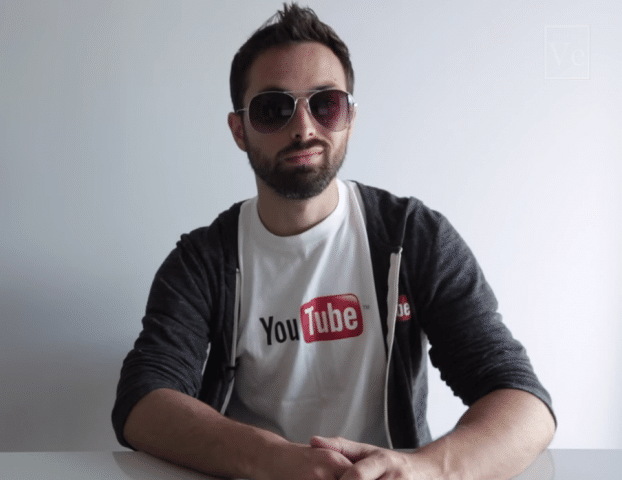Sometimes YouTube is educational. Crazy, right? Below is a great video produced by Veritasium that debunks 13 common climate denial myths.
It’s clear that somebody has been reading Skeptical Science.
If you want to learn more about how to talk to a climate denier, there are several key resources online, including (but not limited to):
- Skeptical Science Global Warming and Climate Change Myths — also available as a smartphone app on iPhone and Android.
- Grist.org’s How to Talk to a Climate Skeptic series.
But you came over here to be schooled by YouTube, so here goes:
Subscribe to our newsletter
Stay up to date with DeSmog news and alerts







